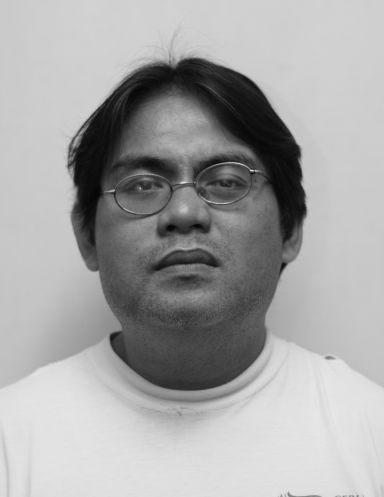
CAPILLAS
A few months back, someone asked if I can write something about how the commercial ties of the national basketball team Gilas Pilipinas had affected the recruitment of better talent into the roster.
At the time, I was concerned and wrote about the takeover of the militant urban poor group Kadamay of housing intended for the country’s soldiers in a Pampanga town since I voiced fears that similar usually hostile takeovers may occur in social housing projects in the future.
With the recent success of marathoner Mary Joy Tabal at the Southeast Asian (SEA) Games — and her subsequent guesting in a Cebu Daily News one-on-one interview — and the overall mediocre performance of the national team in that event plus the aftermath of that much-hyped ring match between Floyd Mayweather and Conor McGregor, I felt that I should write something about these sports news to take a break from the usual discussion on transport problems and the occasional news story or two.
That said, I have to say from the outset that I am no sports analyst or expert and most of my inputs that will see print in this column is based on my accumulated knowledge and readings of national and international sports events past and present.
I hope that whatever points I raise will dovetail into one coherent, readable assessment that can be subject for discussion in some future columns on sports developments in the local, national and international stage. So without further ado, let’s dive into this.
* * *
About that “commercial ties of Gilas Pilipinas thing that supposedly prevents the recruitment of better talent into the team roster” — as most basketball fans are all too aware that Gilas Pilipinas is sponsored by business tycoon Manny Pangilinan whose businesses are usually advertised whenever there’s a Gilas game especially in major events like the just concluded SEA Games.
As to whether or not MVP’s business ties with the team affect the recruitment of better talent from other teams at the Philippine Basketball Association that are owned by rival businesses, I leave it to the public to judge.
But it’s not as if corporate interests have become a major stumbling block in the development of sports teams like Gilas Pilipinas, and in truth, private sector sponsorship had kept the government’s sports programs afloat.
But let’s use the Gilas Pilipinas case and cite a similar situation with the original Dream Team sent by the National Basketball Association (NBA) that saw action in the 1992 Barcelona Olympic Games.
When a little controversy arose over the NBA stars being required to wear the warm-up uniforms sponsored by Reebok, the problem was solved by having NBA stars like Michael Jordan, the flagship endorser of sports brand Nike, drape the American flag over their shoulder that covered the Reebok logo.
I’m sure that rival corporate interests in the PBA can work out an arrangement with each other that would allow their athletes to join Gilas Pilipinas and increase their chances in winning bigger events like the Asian Games.
* * *
Which brings us to Mary Joy Tabal, the Cebuana marathoner whose triumph at the SEA Games is a vindication of sorts for her after she was unceremoniously dropped from the national team for failing to march to the beat set by the Philippine Athletics Track and Field Association (Patafa).
Based on what I heard, Patafa isn’t exactly a reliable source of support, financial or otherwise, for Tabal or any marathoner and trackster competing under that association.
In fact, Tabal’s victory demonstrated the unreliable, often spotty track record of national sports associations (NSAs) in producing world-class athletes.
While Philippine Sports Commission (PSC) chairman Ramon Fernandez was among the handful of active supporters of Tabal, it was private sector support that enabled her to achieve her present success.
Which is both a sad and searing indictment of the collective performance of the NSAs whose budget and salaries paid to its officials and staff are paid for by Filipino taxpayers.
True, there is the occasional government support like the P500,000 pledged by Cebu City Mayor Tomas Osmeña, but that’s just about it. Compare that to socialist countries like Cuba whose governments mobilized grassroots level recruitment and development of its athletes and First World countries like the US whose athletes land their first lucrative endorsement deals with Nike and other sports wear companies even before they set foot in active competition.
But that’s just my small observation of the recent sports developments that crossed the country’s radar in the past few days. Maybe I can write more in the future.
Disclaimer: The comments uploaded on this site do not necessarily represent or reflect the views of management and owner of Cebudailynews. We reserve the right to exclude comments that we deem to be inconsistent with our editorial standards.
